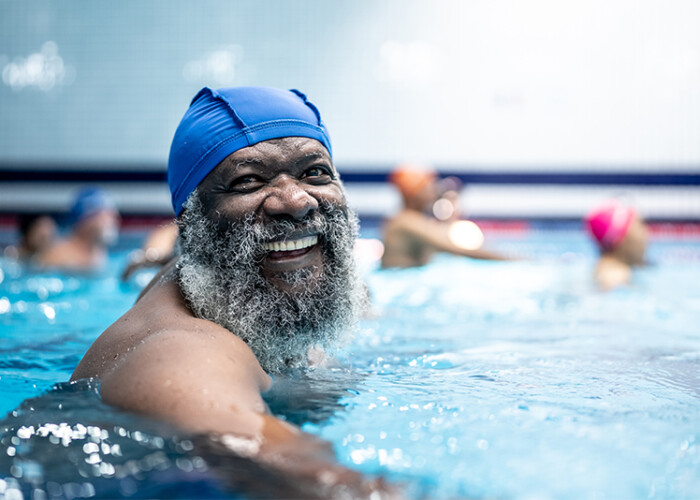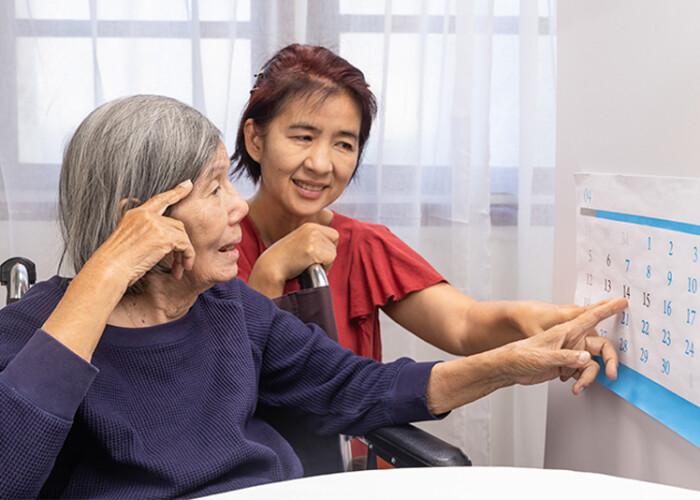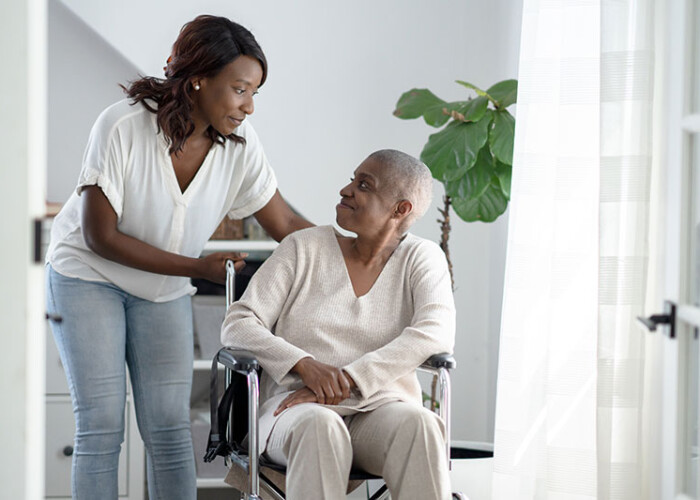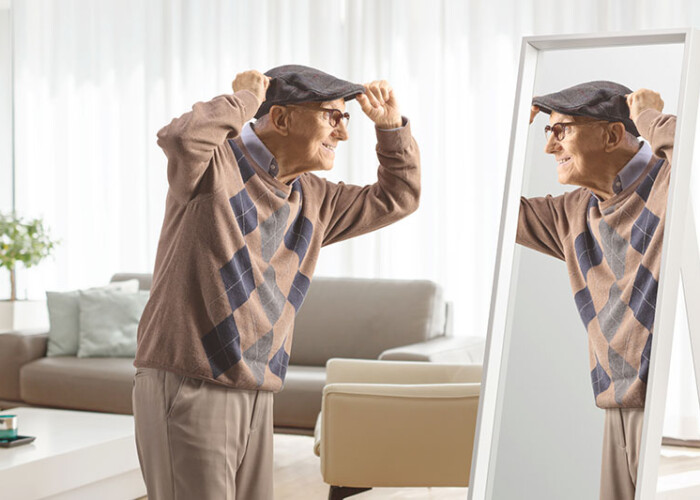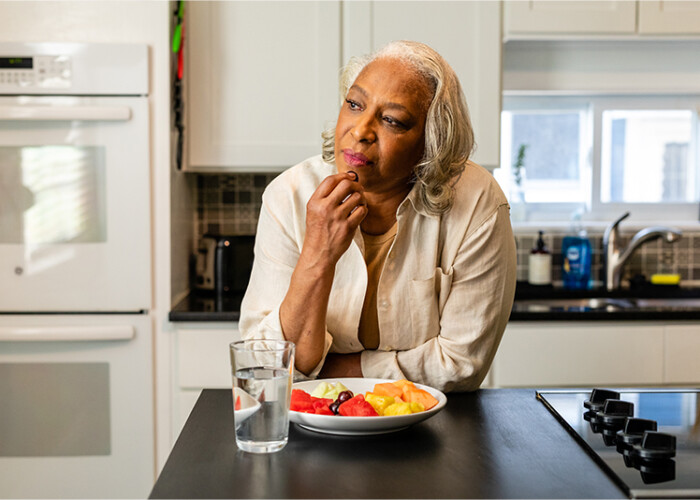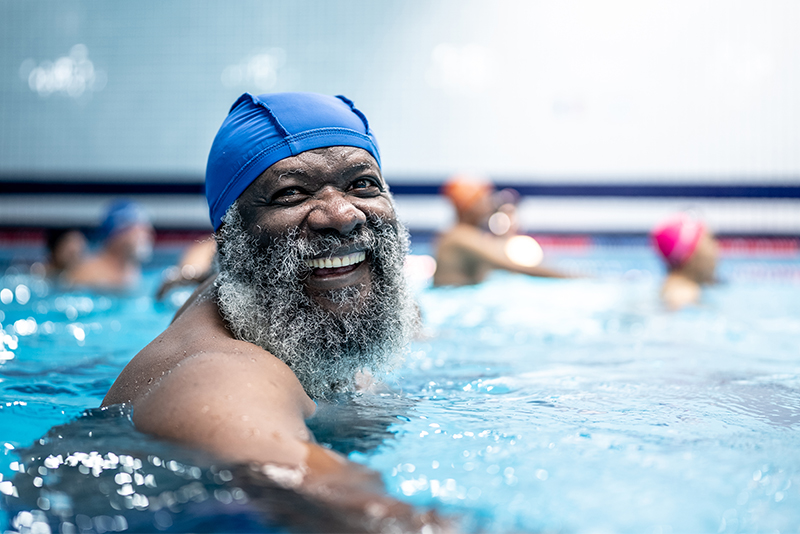Senior Health
Exercise Tips for Older Adults You’ll Actually Want to Try
These exercise tips for older adults are fun, doable and perfect for boosting health and connection.
It doesn’t take a major life event to spark a desire for change. Sometimes it’s the little things: a restless night, feeling sluggish, or hearing a loved one say, “I just don’t feel like myself lately.” If that sounds familiar, the solution may be simpler than expected. These exercise tips for older adults offer small, realistic ways to get moving again, and feel better in body, mind, and mood.
When to Use Dementia Reality Orientation and When to Let It Go
Dementia reality orientation can help or hurt, depending on how and when it’s used.
Did you ever wake up in the middle of a dream and wonder, just for a second, if what you were dreaming was real? That groggy, surreal confusion can feel unsettling, until your brain catches up and you remember where you are. For someone with dementia, that moment of uncertainty doesn’t always pass. Confusion about time, place, and identity can linger, shaping their entire day.
How Dementia-Friendly Signs Help Bring the Familiar Back Home
Try these dementia-friendly signs to help someone you love minimize confusion at home.
If you’ve ever walked into a room and forgotten why you’re there, you’ve had a small taste of what living with dementia can feel like. Now imagine that same confusion magnified, only it’s constant, and it’s happening inside your own home. Suddenly, the most familiar place in the world becomes full of uncertainty. One helpful solution is dementia-friendly signs to help transform a frustrating maze into a space that feels safe, supportive, and familiar again.
The Hidden Truth About Hospital Care at Home and Why You Might Need Backup
Hospital care at home is incredibly helpful, but there are some surprising facts about it that you need to know.
No one wants to linger in a hospital bed any longer than necessary. The faster the procedure or treatment is over, the faster recovery can begin, and for many, that now means recovering at home. Hospital care at home is gaining in popularity, and with good reason. It offers a way to sidestep some of the least appealing aspects of a hospital stay, including:
The Best Adaptive Clothing for Seniors and How It Supports Independence
Choosing the best adaptive clothing for seniors helps preserve comfort, confidence, and independence.
You might not think twice about what it takes to get yourself dressed each morning, but if you’re helping someone with arthritis, limited mobility, or other health challenges, you know it’s often not that simple. The best adaptive clothing for seniors is imperative to make life easier and restore a sense of independence, dignity, and control.
Healthy Conversations With Your Parent Start Here
Learn how to have healthy conversations with your parent to restore peace to your relationship.
When you dedicate so much time and energy to caring for a senior parent, it’s natural for other relationships to take a back seat. After all, there are only 24 hours in a day, and you can only spread yourself so thin. This can lead to additional stress, hurt feelings, and misunderstandings.
The key to overcoming this hurdle is communication. It means having healthy conversations with your parent that may be uncomfortable but allow the opportunity to air grievances, share feelings, and ultimately reinforce the love you have for each other.
Kicking Off a Courageous Conversation
First, know that a planned, formal meeting isn’t necessary for a conversation to be effective. It can be a quick chat while waiting for the coffee to … Read More »
What You Need to Know When Mom Is Discharged From the Hospital
When Mom is discharged from the hospital, keep an eye out for a condition known as post-hospital syndrome.
The moment Mom is discharged from the hospital, you exhale, believing the toughest part is finally behind you. But instead of bouncing back, she seems drained, anxious, or even weaker than before. She’s struggling with simple tasks, isn’t sleeping well, and feels overwhelmed.
This wasn’t how you pictured recovery. Instead of a turning point, it feels like she’s slipping backward.
What’s going on?
The Unexpected Challenge of Post-Hospital Recovery
Leaving the hospital doesn’t always mean the body is ready to heal. Many older adults experience post-hospital syndrome—a state of extreme stress and vulnerability that can slow recovery, lead to new health complications, and even increase the risk of readmission.
Stress plays a bigger role than you might realize.
How Stress … Read More »
Struggling to Let Someone Lighten Your Caregiving Load? This Might Be Why.
Learn why it’s so important to allow someone to help lighten your caregiving load, and why you may be feeling so resistant to the idea.
The moment Mom is discharged from the hospital, you exhale, believing the toughest part is finally behind you. But instead of bouncing back, she seems drained, anxious, or even weaker than before. She’s struggling with simple tasks, isn’t sleeping well, and feels overwhelmed.
This wasn’t how you pictured recovery. Instead of a turning point, it feels like she’s slipping backward.
What’s going on?
The Unexpected Challenge of Post-Hospital Recovery
Leaving the hospital doesn’t always mean the body is ready to heal. Many older adults experience post-hospital syndrome—a state of extreme stress and vulnerability that can slow recovery, lead to new health complications, and even increase the risk of readmission.
Stress plays a bigger … Read More »
Why Won’t Mom Eat? It Might Just Be an Eating Disorder.
If you’ve been wondering, “Why won’t Mom eat?” it’s important to know the signs of an eating disorder.
Changes in appetite and weight are often considered a normal part of aging. But if you find yourself asking, “Why won’t Mom eat?” it’s important to consider all possible reasons. While factors like medication side effects, dental concerns, or reduced mobility can certainly play a role, there’s another potential cause that often goes unnoticed: eating disorders in seniors.
How to Handle a Dementia Outburst in Public
If you’re unsure how to effectively defuse a dementia outburst in public, these strategies are for you!
Dementia is anything but predictable. A loved one’s mood, personality, and behaviors can shift without warning, making daily life feel like a constant balancing act. Managing these changes at home is one thing—but what about when you’re in a restaurant, grocery store, or waiting in line at the pharmacy; how should you handle a dementia outburst in public?


